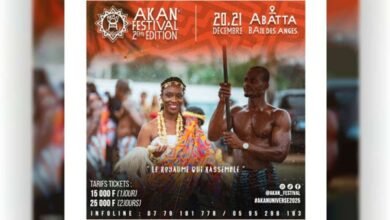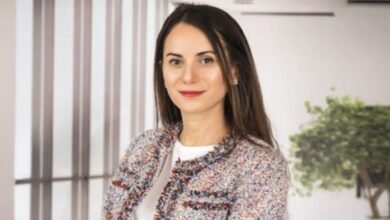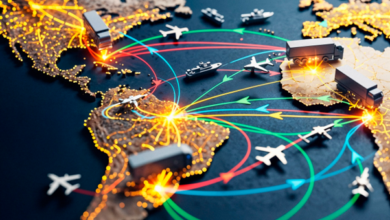Mali : Diaspora draws the stakes of the presidential election
Mali will elect a new president on July 29, 2018. APUMAF, an organization in diaspora made mainly of academics, establishes the country's priorities by inviting and debating with candidates.
Simon Vermot Desroche
Moussa Mara, former Prime Minister and recent declared candidate in the presidential election was the first to address the pool of Malian academics and students living in France and who were gathered April 12 in Paris by the Apumaf, an association of the Malian diaspora essentially made of academics and the concerns of the latter are numerous with regards to the situation of their country of origin: security, economy, university and youth … a picture that summarizes the stakes of the country a few months from a highly anticipated election.
Security, root of concerns
«We cannot talk about Mali or West Africa, without mentioning the security problem. Nothing can be done without stability in this area,» several participants in this debate said. Northern Mali is currently dogged by Touareg claims of independence and the growth of jihadist groups. An escalating conflict, as evidenced by the recent attack on a UN camp and a French army base in Timbuktu that left at least one dead and several dozen wounded. On the political front, it will therefore be necessary to invest in the army and continue discussions with the G5 Sahel, in order to stem the rise of jihadist groups, participants suggested. Another element: peace negotiations with separatists. «Despite the 2015 peace agreement, the government is still struggling to regain control over the northern regions and insecurity is spreading to the center and south,» the World Bank said. Disarming the separatists, the essential point of the peace agreement, will be one of the priorities of the next government.
For the economy, diversification and fight against corruption
If the security situation is not good, it does not have a concrete impact on the Malian economy. If growth is around 6% in recent years, and poverty decreasing, Mali remains a poor country, whose economy is mainly agriculture and the sale of raw materials. If diversification of the economy remains a priority, the Malian youth expects from its leaders measures to curb corruption, as revealed by a survey conducted by APUMAF.
«I witnessed this corruption at home, said a professor present at these meetings, I had a project with the purchase of equipment for the university. I saw the initial market and the final market: there was 20000 euros difference. » A corruption that pushes him today to contemplate the abandonment of this project. Few in the room seem surprised, many prefer to smile, proof of a system that does not work and which costs Mali many external investments.
Moussa Mara: A Political and Leadership Revival
The academics of APUMAF have, of course, addressed the issue of university and training. One student drew the attention of the candidate on the issue of private lessons given by some teachers, «an inequality in studies I was victim of, » says the young man. Another issue raised by members of the diaspora, the impossibility for them to give courses in Mali. But in front of this pool university academics, Moussa Mara chose to talk about vocational training and illustrated his point: « I was trained as an accountant at the beginning, but if I have nothing to count I will not work ». For him, the emphasis must be put first and foremost on small professional trainings in order to develop a real dynamism that will then allow elites to express themselves in Mali. First to address the academics, Moussa Mara revealed his program based on a political and leadership renewal. And if he says he wants to detach himself from a French model, especially in the university field, it however seemed that the French president serves as a model for his campaign.






